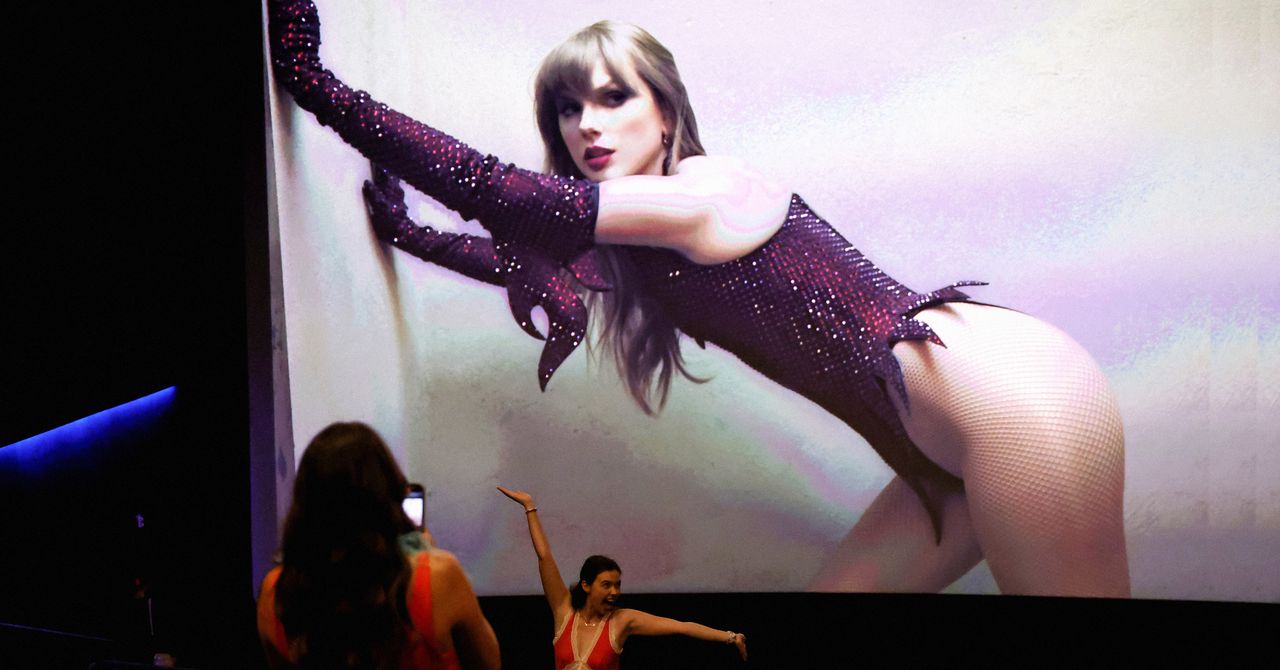Taylor Swift Fans Question Use of AI in Album Promo Videos

Key Points
- Fans spotted visual inconsistencies in Swift's album promo videos.
- Social media backlash used the hashtag #SwiftiesAgainstAI.
- AI detection experts noted signs typical of generative AI output.
- No official comment has been made by Swift or the tech partner.
- The incident highlights broader concerns about AI in creative work.
Fans of Taylor Swift have voiced concerns that promotional videos for her latest album may have been created with generative artificial intelligence. Observers pointed to visual inconsistencies such as mismatched shadows and garbled text, sparking a backlash on social media under the hashtag #SwiftiesAgainstAI. The controversy has drawn comments from AI detection experts and highlighted broader debates about the impact of AI on artistic creation, environmental resources, and misinformation. Swift and her representatives have not publicly addressed the accusations, leaving the discussion unresolved.
Fan Reaction to Promotional Videos
Supporters of Taylor Swift noticed unusual visual cues in a series of short videos released to promote her newest album. The videos featured elements that appeared poorly integrated, such as shadows that did not align with objects and text that seemed nonsensical. Fans shared their observations across platforms, using the hashtag #SwiftiesAgainstAI to urge the artist to clarify whether artificial intelligence was involved in the production.
Social Media Backlash
The online response grew quickly, with fans and critics alike posting screenshots and commentary about the perceived AI artifacts. Some fans expressed disappointment, noting that earlier lyric videos for Swift’s songs had been crafted by professional motion‑design studios. The debate extended beyond visual quality, touching on concerns about AI’s environmental footprint, its potential to erode critical thinking, and the broader implications for creative labor.
Expert Input
An AI detection specialist from the company Reality Defender suggested that the visual anomalies were consistent with content generated by generative AI models. The expert highlighted that certain AI tools can produce video output within minutes when supplied with appropriate prompts. While no official statement was provided by the detection firm, the commentary added technical weight to the fans’ suspicions.
Industry Context
The controversy emerged amid increasing use of generative AI in entertainment and advertising. Companies such as Google have promoted AI‑driven video tools, and the promotional campaign for Swift’s album was linked to a partnership with the tech giant. However, the backlash indicates that a segment of Swift’s fan base may be resistant to the integration of AI into the artist’s visual branding.
Absence of Official Comment
Neither Taylor Swift’s public relations team nor representatives from the associated tech partner have responded to media inquiries regarding the alleged AI involvement. The lack of clarification has left the discussion open, with fans continuing to call for transparency and an apology if AI was indeed used.
Broader Implications
The episode reflects wider public unease about the role of AI in creative industries. Concerns include the potential loss of jobs for designers, the environmental costs of large‑scale AI model training, and the risk of misinformation through realistic but fabricated media. The Swift fan reaction underscores how prominent artists can become focal points in the cultural conversation about technology and artistic authenticity.